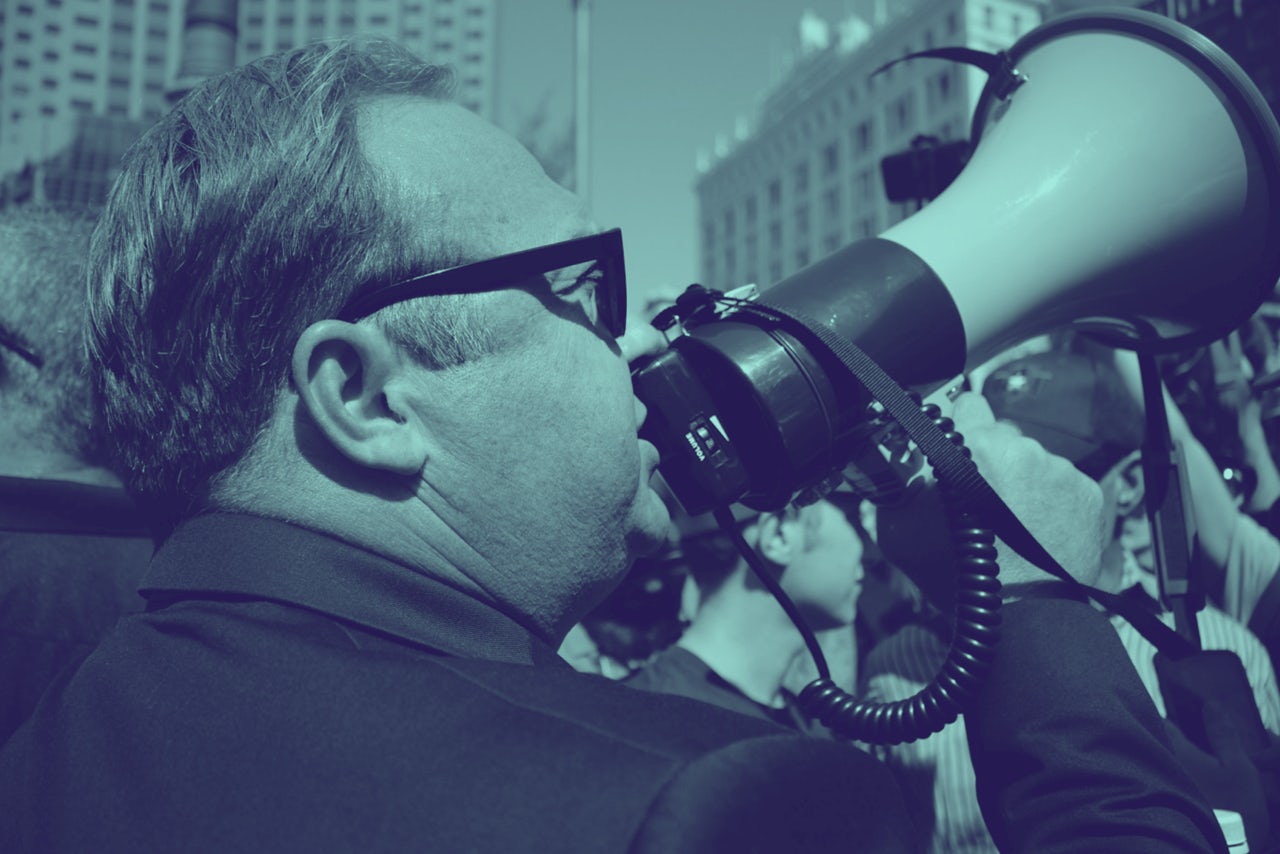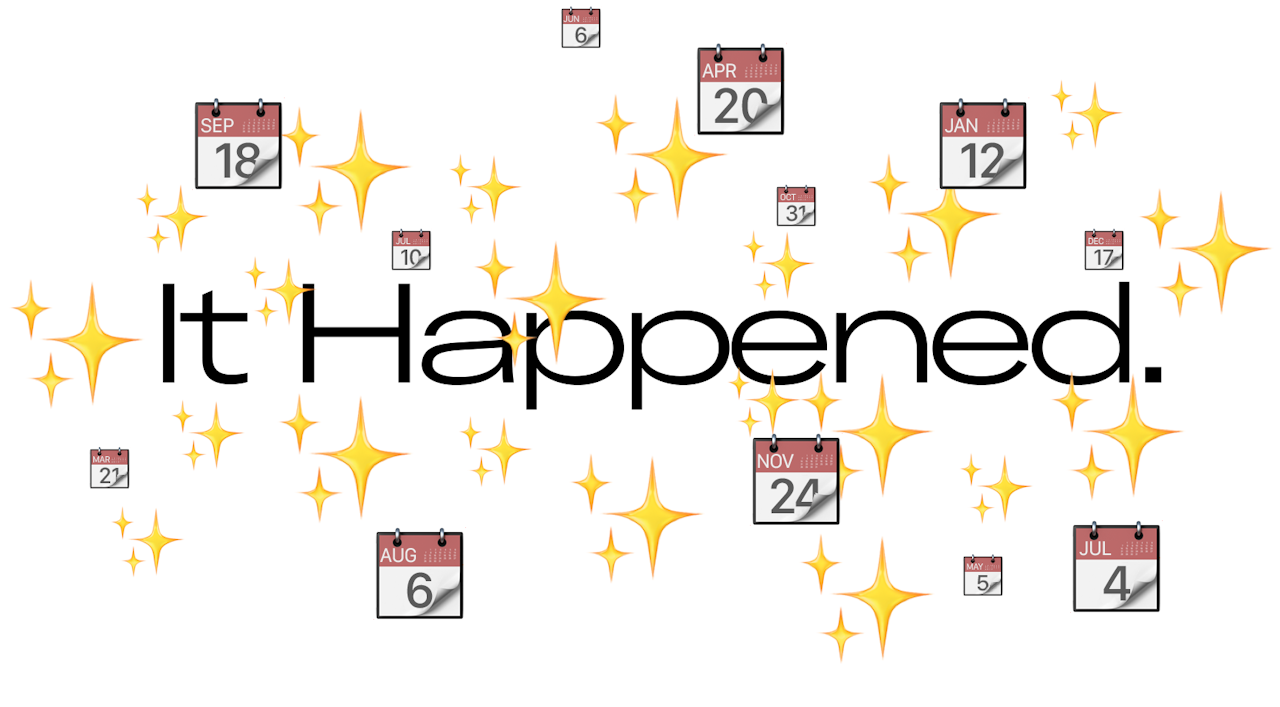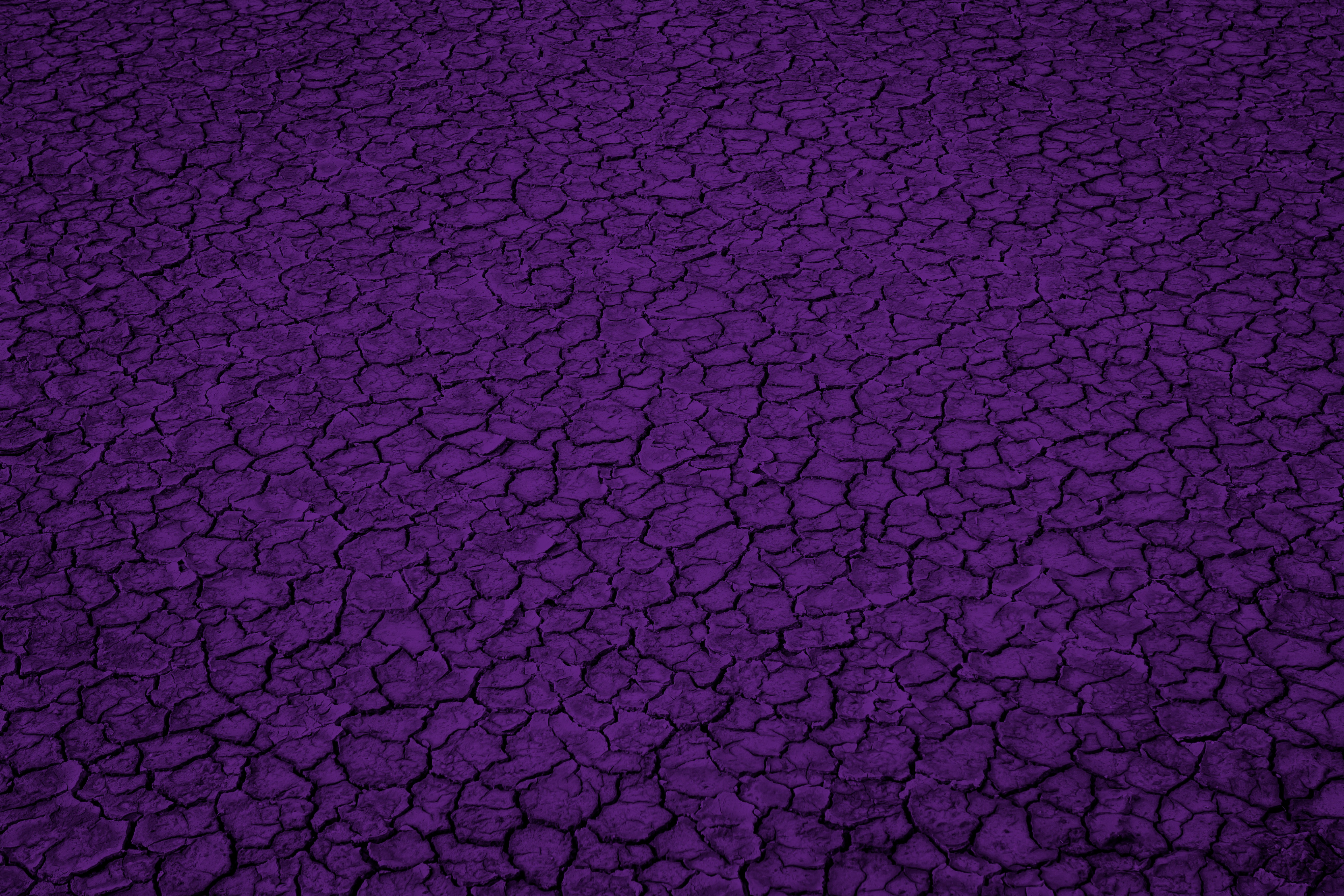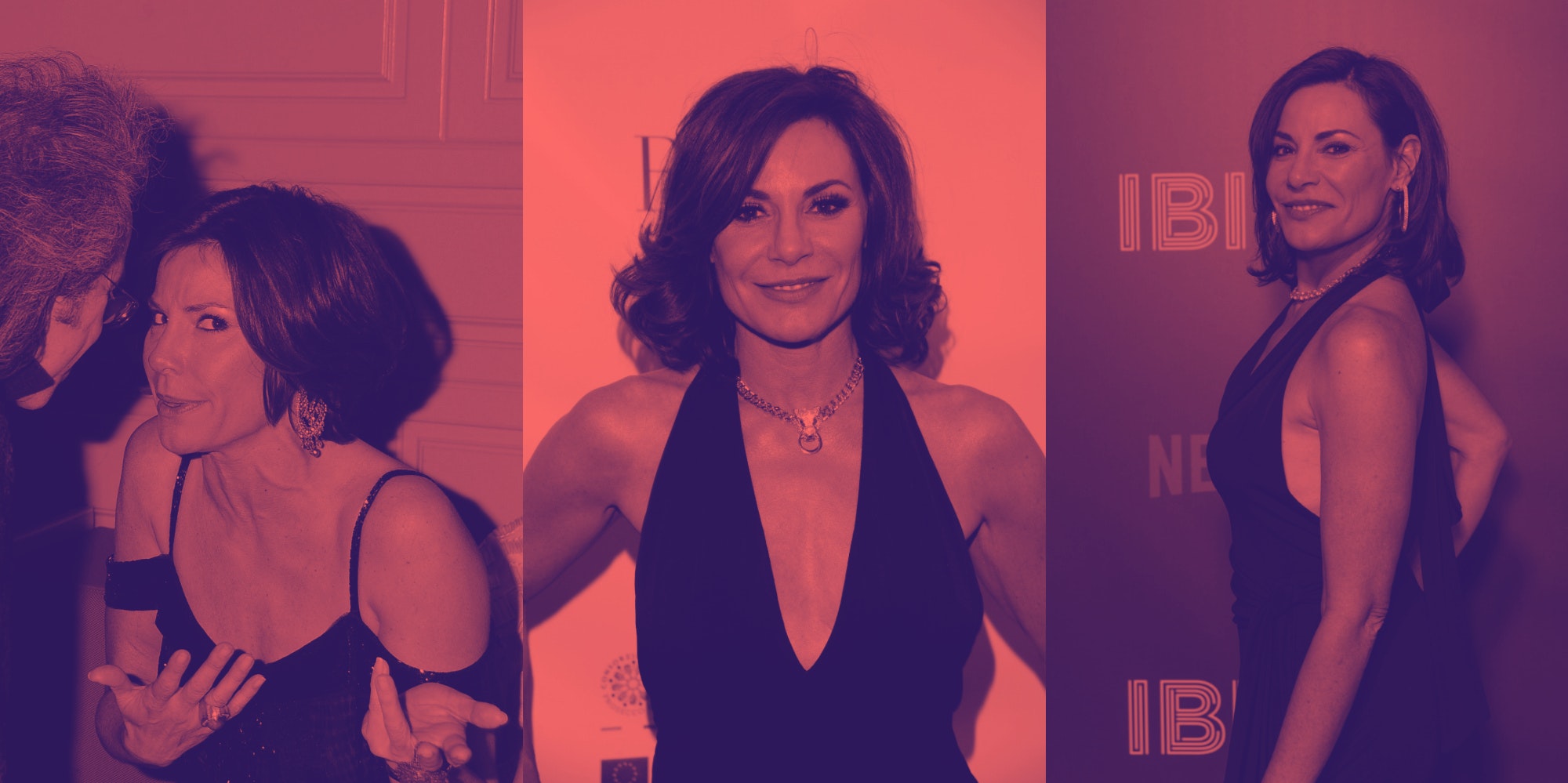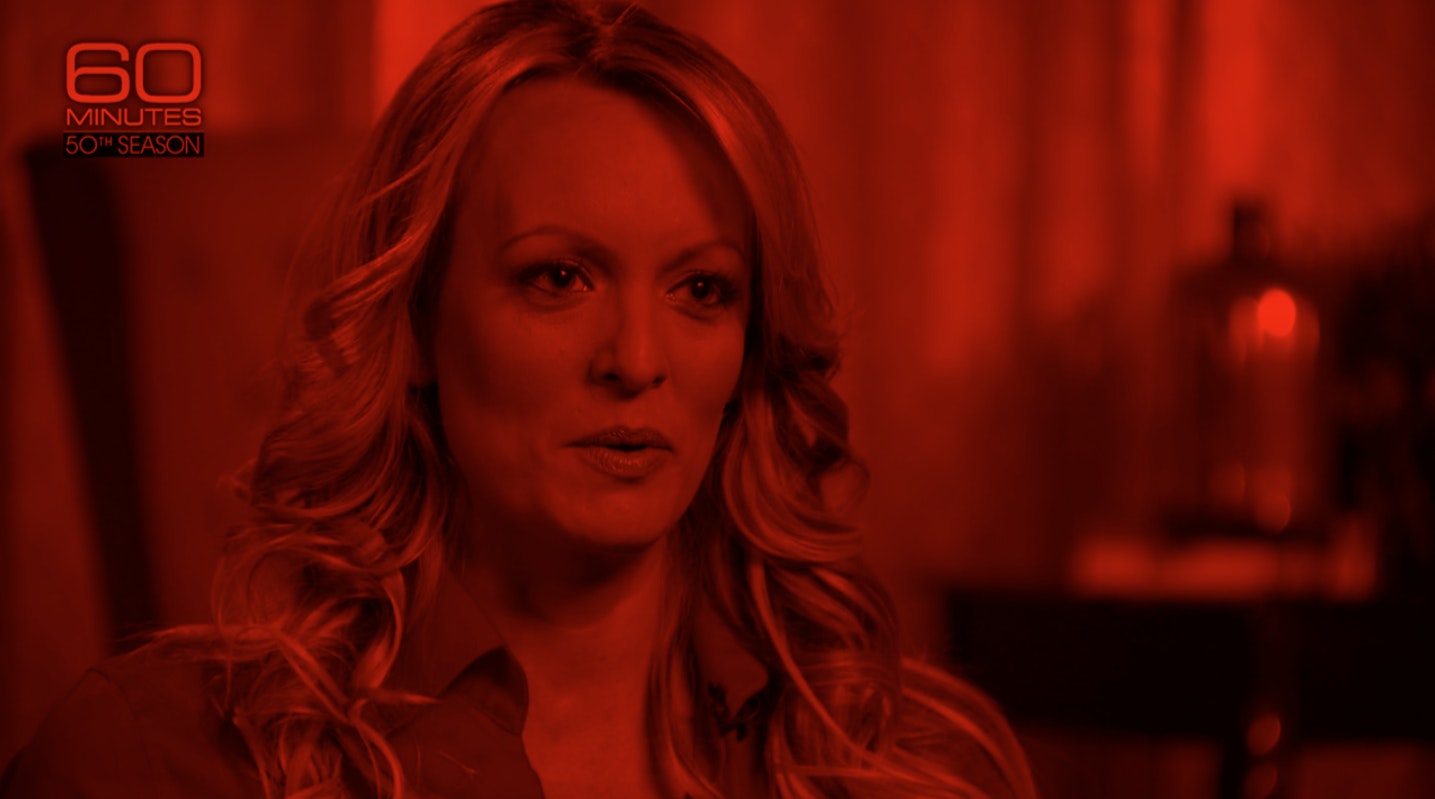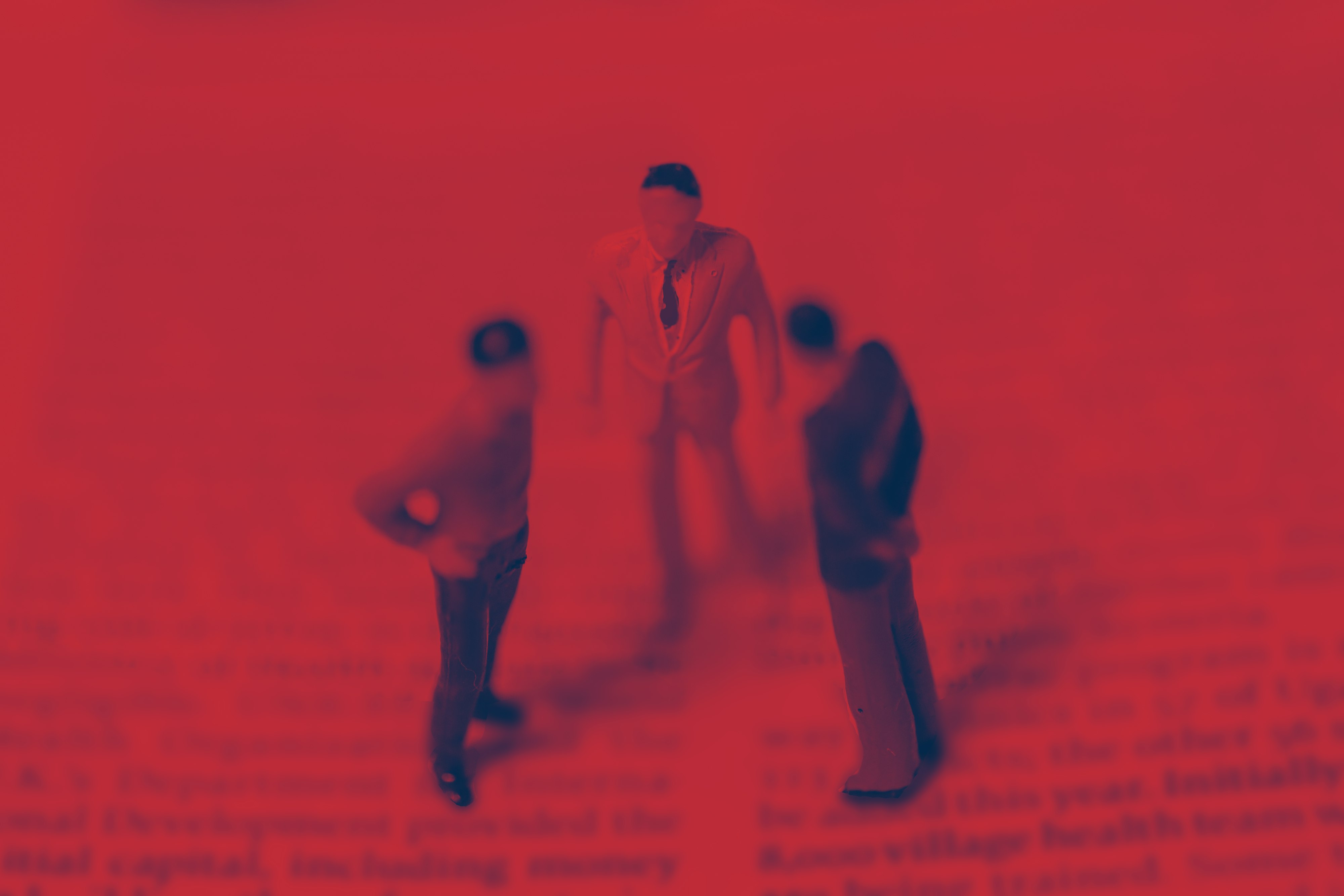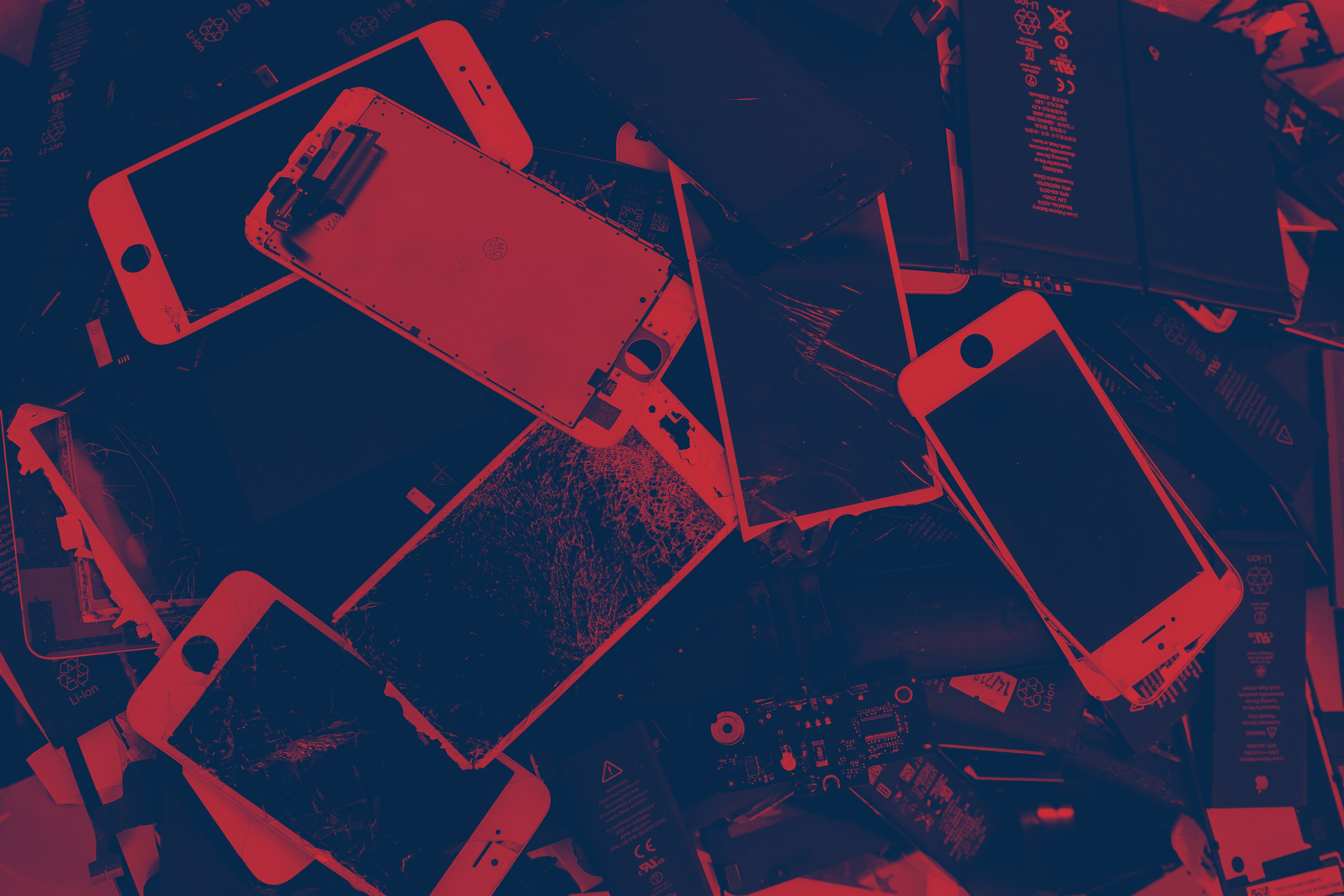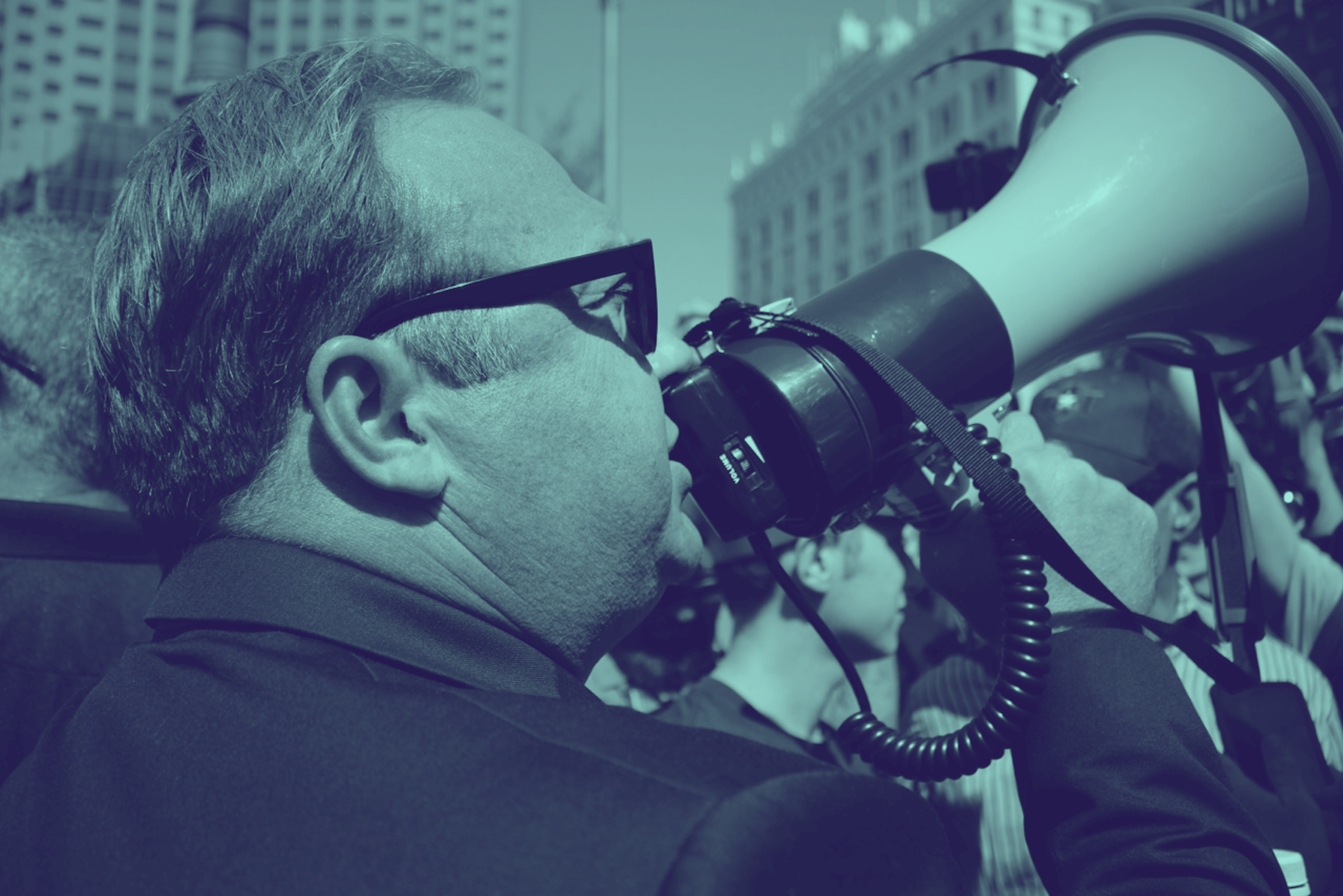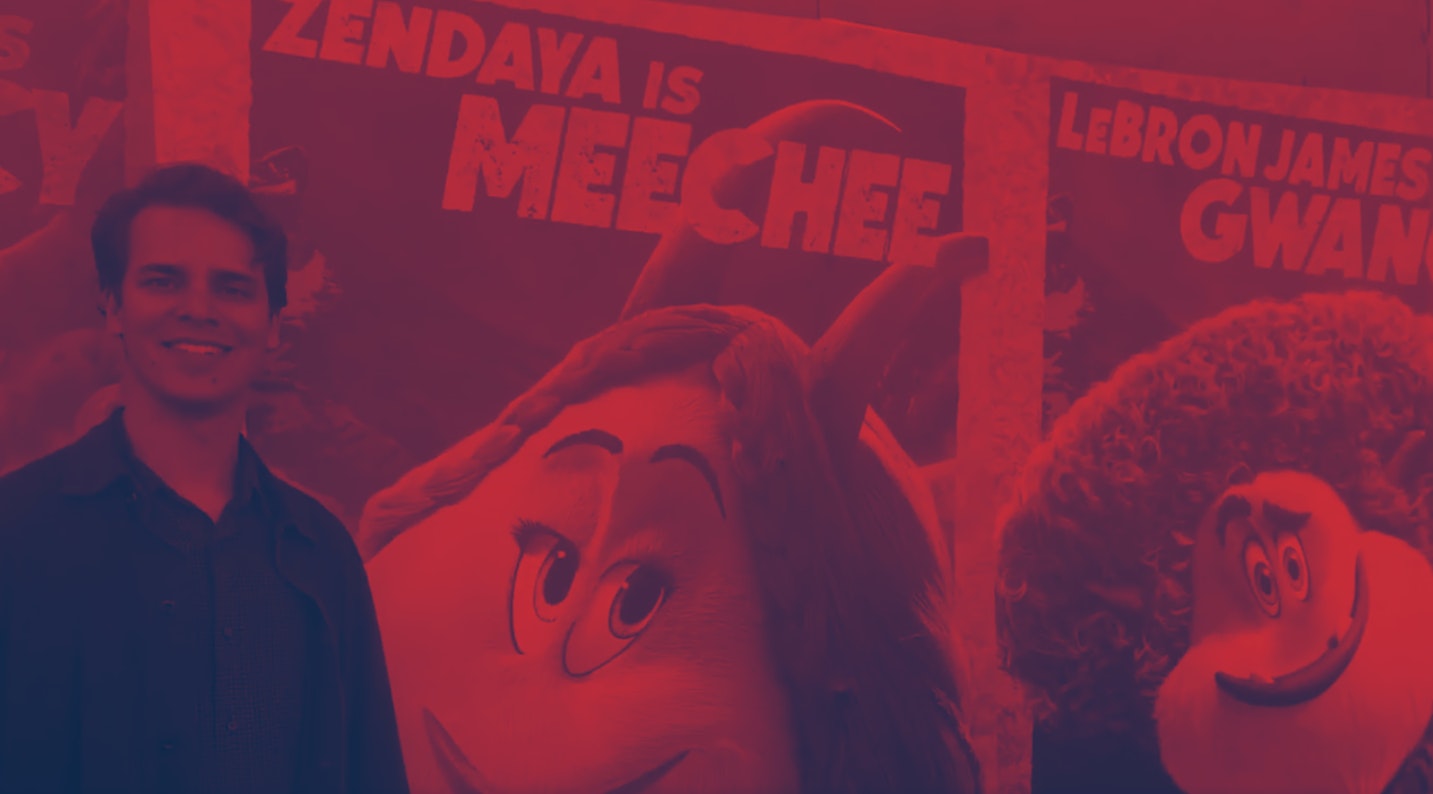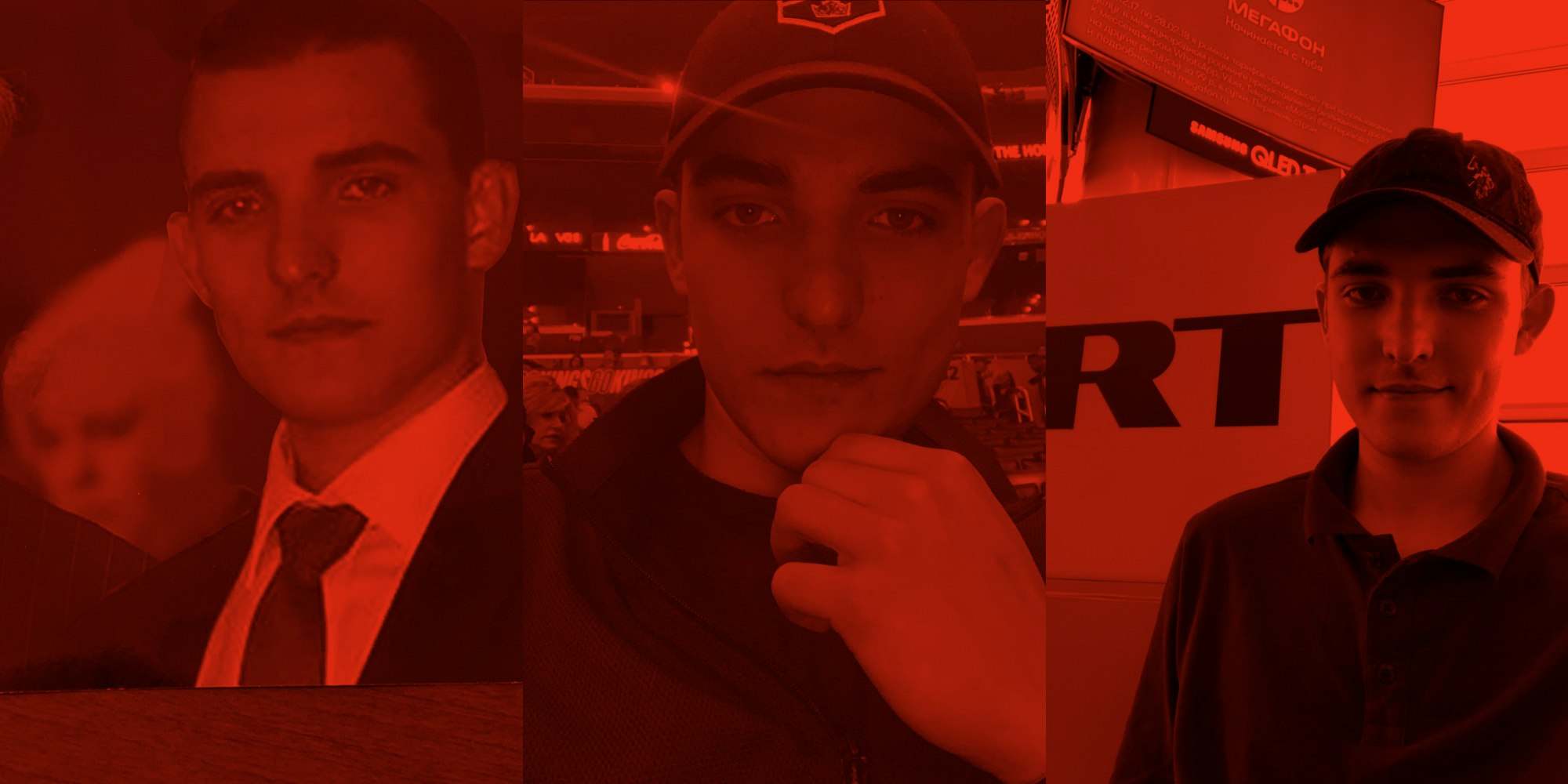The natural, human reaction to an event like 2012's Sandy Hook shootings, in which 20 children and six adults were killed, should be grief, outrage, or a mixture of both. You should be angry at the killer. Angry at the lobbyists and politicians who push for more lax gun control. Angry at a country that glorifies violence but won't protect its most vulnerable.
But if you're professional conspiracy theorist Alex Jones, you use the event to make content for your millions of YouTube subscribers and Facebook followers. You blast out bullshit stories about how Sandy Hook was a “false flag” attack, invented by Democrats as a tool to destroy the Second Amendment. You rile up your base and tell them those 20 children never died. Their parents didn't really mourn. Their hometown wasn’t irrevocably altered by the nearly incomprehensible violence.
And what did his base do with that information? They used it to systematically harass the parents of the Sandy Hook kids, to diminish the memory of those who died, and to dull the impact of the violence. They terrorized people who had already had their worlds destroyed, all while Jones egged them on.
For Alex Jones, Sandy Hook was a payday, and for years, he got rich by using the social platforms Apple, Facebook, Google, Twitter and others built to spread his message. One day that message might be wild disinformation about a school shooting. The next it might be a story about Hillary Clinton’s child sex ring at a pizza shop. Some days it was relatively tame — just hateful tirades or the recirculation of conspiracy theories that Robert Mueller is a rapist.
All of this was allowed, perhaps even welcome, on social media platforms like Twitter. Mark Zuckerberg, both defending Alex Jones and Holocaust deniers, had this to say in July: “Everyone gets things wrong, and if we were taking down people’s accounts when they got a few things wrong, then that would be a hard world for giving people a voice.”
But something changed in August for the big tech companies — spurred, interestingly, by one of the smaller tech companies. On August 1, after slaps on the wrist from YouTube and Facebook, Spotify took the first definitive step in deplatforming Alex Jones by removing InfoWars episodes from its streaming music service citing violations of its hate speech policy. On August 5, the hammer really came down. Apple made the decision to remove InfoWars from its podcast offerings, and the other tech companies quickly followed suit. According to reports, Zuckerberg waited until Apple had made the call to begin pulling down InfoWars content — taking pages down at 3 a.m. PST.
By August 7, nearly every major social media and distribution platform, save for Twitter — you know, Jack Dorsey’s “free speech wing of the free speech party” — had removed Alex Jones and InfoWars from their services. But why had they waited? What had they waited for? After delivering several misguided and idiotic justifications for keeping Jones on its platform, Twitter joined the rest in September.
Was this possibly a signal that the torrent of ugliness social media created in our lives — by design or by accident — was going to change? Well, let’s not get ahead of ourselves.
If this year has taught us anything, it’s that major technology companies — particularly social media businesses — do not operate with the safety and protection of their users in mind. Instead, as with any business, it’s not about “doing good” — it’s about making money. It is the reasons why Nazis, misinformation experts, and bots populate the services even when they are in clear violation of the service's policies. It’s why reports of harassment or abuse are ignored or dismissed, particularly when they come from the most vulnerable users. It is the reason why those services share your most sensitive information against your wishes and then try to hide it from you. Facebook doesn't really want to bring the world together, despite the glossy advertising. Any human experience is a byproduct of the company's unadvertised mission: bringing more eyeballs and personal data to advertisers. Growth over everything, even if it causes suffering.
So what was different in August for Facebook and Apple? Maybe it was it the mood of the country, or the increasing pressure from users and politicians to be more responsible actors. Perhaps Tim Cook woke up one day and realized that while the company wouldn’t host an app with a naked lady in it, it was all too happy to host Nazis, fake news purveyors, and professional harassers of the parents of dead children. Was this possibly a signal that the torrent of ugliness social media created in our lives — by design or by accident — was going to change?
Well, let’s not get ahead of ourselves. Twitter and Facebook are still breeding grounds for some of the worst people on the internet. YouTube regularly promotes and recirculates racist, sexist, and pitifully misinformed content to its users — one of its biggest stars has used racist and antisemitic slurs on more than one occasion, with no real punishment. Services like Tumblr, after ignoring years of reports of pedophilia and bots on the network, instead went after some of its most dedicated and well-intentioned users.
Jones is clearly one of the worst people in our current media climate, and it still took years for anyone to do anything about it. And even as the services continue to kick some of these worst people off their platforms, there’s a chorus of voices shouting about the violation of free speech, anti-conservative bias, and whatever other buzzwords used to cover up for people who make a living by lying. The fight continues, as stupid and exhausting as it is.
We’re still in an information crisis. We still can’t rely on social networks or Big Tech to protect us or our data. But, for a moment in the waning days of summer, it felt like maybe someone was listening, finally, to what we’ve been saying all along: fuck Alex Jones. It didn’t mean everything, but it meant enough.
